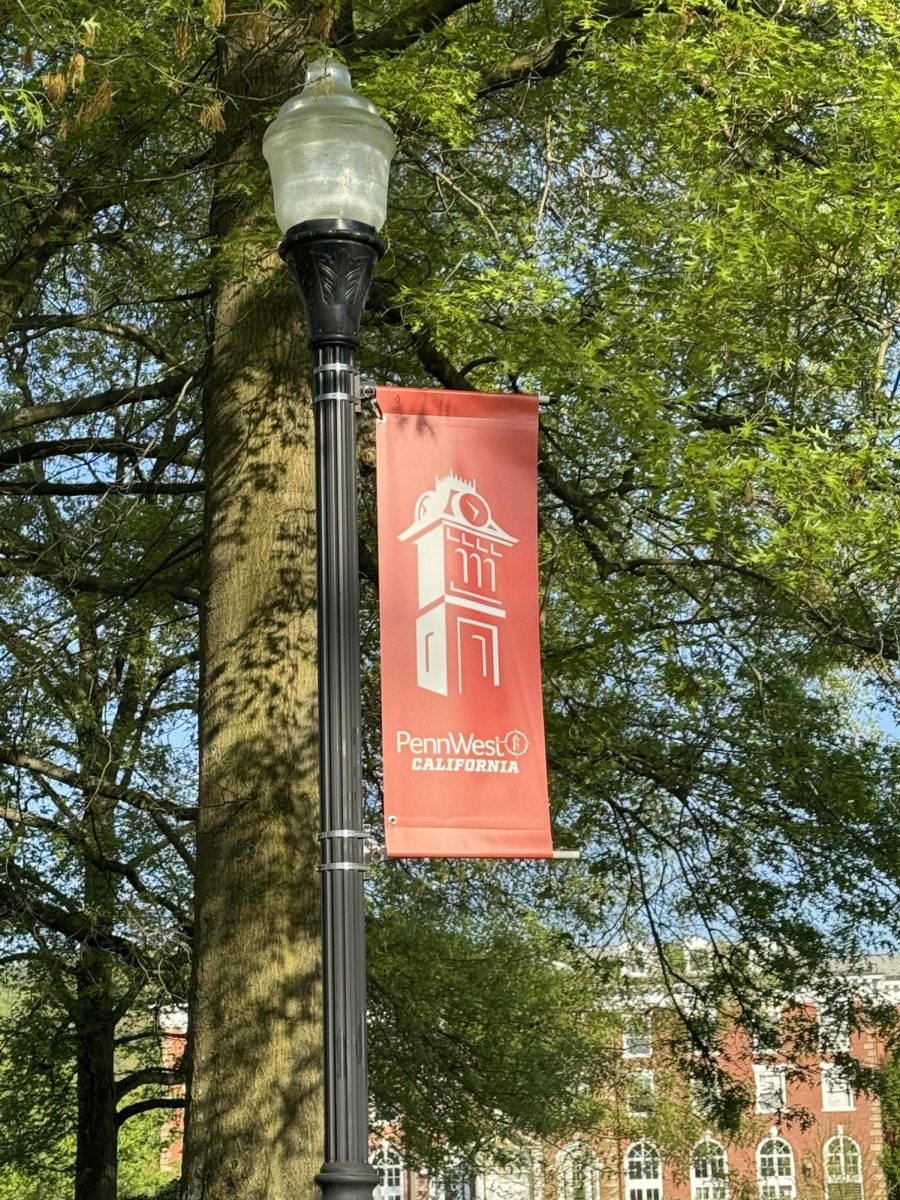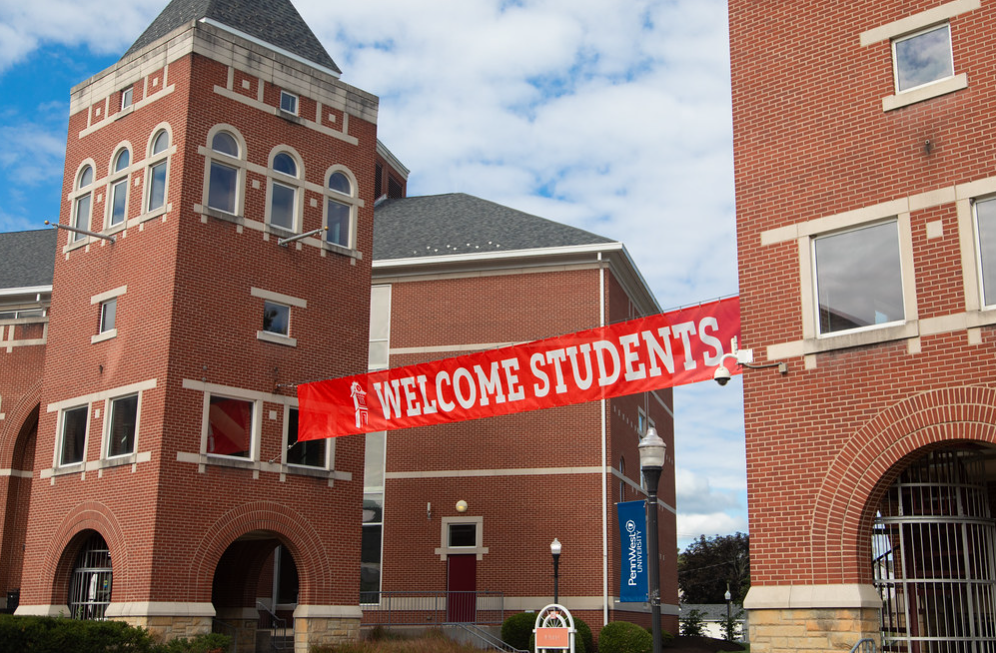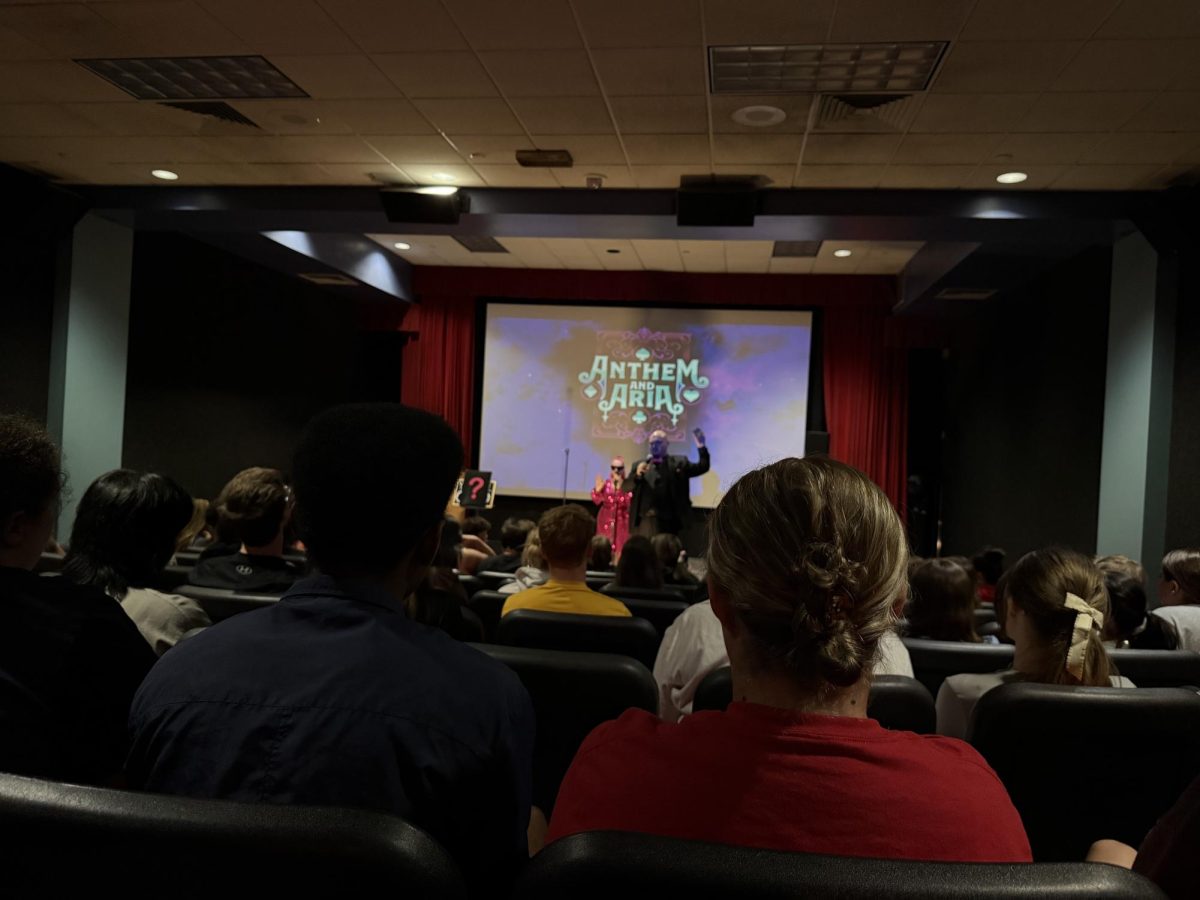The following interview with Vice President of Academic Services and University Registrar Dr. Shayne Gervais addresses what occurred and the course substitution process for both students and faculty advisors:
Q: Describe the user interface changes made to DegreeWorks and the reinforcement of rules regarding course substitutions.
A: “There was a shift in the user interface and how it’s viewed as it pertains to Free Electives in a students Degree Works audit. This shift in the view was a result of PennWest meeting federal financial aid regulations called Course Program of Study, or CPOS.
“This updated view is more informational for students to understand what ‘bucket’ the courses that they are registered for count in. Overall, students need to take courses that are directly applicable to one of the buckets in their Degree Works audit: General Education, Major Requirements or Free Electives. If a student registers for a course that doesn’t check a box in their audit, they should speak with their academic advisor about a course substitution. That was probably the original intent anyway when they registered for the course, that it would count for something in their audit. Having the advisor then submit a course substitution just completes that approach and has it officially count in the audit.
Graduate students won’t have Free Electives or General Education courses, but they may have Major Electives that they can choose from. CPOS still applies to them overall. However, they should still only be taking courses that apply to their major. For Undergraduate students, the most important thing is to ensure that each of their 12 credits (if they are full-time) count towards their degree in one of the three areas I indicated. Anything above the 12 credits are good options to fill minors if that is something that they are pursuing.”
Q: If a student wanted to make a substitution, what would they have to do on their end?
A: “If there’s a course substitution that a student would like to have considered, then they should reach out to their academic advisor to begin that process. The faculty advisor would then submit the request to review, and if approved, application into the audit.”
Q: What are the steps advisors take to process a substitution request?
A: “A student’s academic advisor is the student’s guide through their program, as they are the expert in that program. As the experts, they are the ones who originate the course substitution request for the student. For advisors, they have a view in Degree Works that allows them to submit a course substitution via a form that is automatically routed to the Office of the Registrar for completion (when all approvals are completed).
“The best part of this is that the student receives several automatic notifications as it works through the process. Similar to how Amazon notifies you about the progress of your order. Once it’s completed, they also receive a notification informing them that it’s complete, and asking them to verify the substitution on their Degree Works audit. If there’s an issue, just email us at [email protected] and we’ll review to see what the challenge may be.”
Q: If a student has taken or are planning to take a course that doesn’t count toward their degree, how would financial aid be impacted?
A: “First, I would check with your advisor to see if a course substitution is pending for that in progress course. If one is, then the offices will be working to clarify that well before any packaging of financial aid occurs. I would defer students that have specific questions to the financial aid CPOS website listed below – but generally if a student takes a course that doesn’t apply towards their degree it can impact their financial aid package and award. For specific implications, we encourage students to reach out to the financial aid office. Courses taken in the past, however, aren’t evaluated with this process. The evaluation is a current registration analysis against the audit. For students right now, the process is evaluating Fall 2025 registration to determine if the courses that they registered for, count in the audit.”
- PennWest Financial Aid Office: https://www.pennwest.edu/about/offices-services/financial-aid/
- Course Program of Study: https://www.pennwest.edu/about/offices-services/financial-aid/cpos.php
- Course Program of Study Definitions: https://www.pennwest.edu/_resources/docs/about/offices-services/cpos-definitions.pdf
Q: How can students ensure they are taking courses that count towards their degree?
A: “First, the most effective strategy here is to review your Degree Works audit and confirm that each of your in-progress (IP) courses are counting in one of the three buckets I described earlier (General Education, Major Requirements or Free Electives). If the course(s) you are registered for are showing in the “Courses Not Counting Toward Degree” section, then reach out to your advisor about options.
“Second, do not self-advise. Just because a course is listed in an order on the degree works audit, doesn’t mean that they will be offered in that order. They are just organized numerically. Often programs have rotations of when courses are offered so just because it’s the next in the audit does not necessarily mean that it’s next to take. Students will save themselves a lot of unnecessary stress later if they follow the path their advisor guides them on.
“Third, students should always meet with their advisor prior to registering for courses to ensure that everything that they are taking is applicable to their program. If a course substitution is required, talk about that with your advisor as well.”
Q: Is there any additional information or advice you would like to share that could benefit students?
A: “Absolutely, don’t self advise. To me, this is where students can quickly get behind. Additionally, do not hesitate to reach out to your advisor. PennWest has great advisors and I know that if you reach out to them and ask for help that they will respond. Overall though, if there are questions, ask them and we’re happy to help.”














